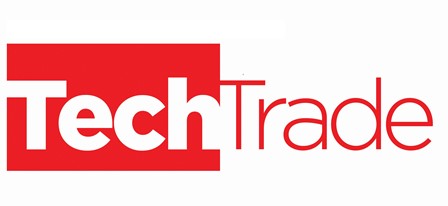
Cyberattacks an unexpected morale booster
Many many years ago, one of my first journalism jobs was in a magazine publishing company where staff were overworked and underpaid. People regularly worked late hours producing their magazines. In such circumstances you would expect staff morale to be pretty near rock bottom. To a large extent it was, at least when it came to the company itself, but there was also a strong sense of solidarity among the employees as they strove to deliver the best magazines they could for their readers. Each issue was a triumph over adversity.
I’m reminded of this by a report from Sophos entitled The IT Security Team: 2021 and beyond in which 52% of respondents said team morale had increased during the year and that those who had fallen victim to ransomware were “considerably more likely to have experienced an increase in team morale than those that weren’t hit”.
According to Sophos, adversity has helped to bring teams closer together. Cyberattacks provided “opportunities for people to come together and work as a team towards a shared goal, boosting morale. Furthermore, being able to support the organisation in the face of increasing attacks brings a sense of satisfaction”.
According to the survey, a large number of organisations (69%) experienced an increase in their cybersecurity workload. While this clearly raised the pressure on IT departments, it also helped organisations to develop their cybersecurity skills and increase their knowledge.
Chester Wisniewski, principal research scientist, Sophos, says cybersecurity challenges “have created not just more highly skilled, but more motivated IT teams, ready to embrace an ambitious future”.
The good news for channel security specialists is that the rise in cyber attacks has also prompted many IT teams to accept that they need outside assistance.
“Advanced cyberattacks are complex and multi-stage, with adversaries using myriad Tactics, Techniques and Procedures (TTPs) in the course of the incident. Dealing with these attacks is challenging,” the report states, “and for over half of the respondents (54%), attacks are now too advanced for their IT team to deal with on their own.”
Respondents in the business and professional services sector felt the most vulnerable, with 63% admitting they were not able to combat cyberattacks on their own.
While many IT teams (82%) believe they have the tools and knowledge to investigate suspicious activities fully, Sophos says it is important for them to understand their limits. “Recognising the complexity of attacks and identifying when outside expertise is needed is a key step in defending against today’s advanced cyberattacks,” the company warns.
To stop sophisticated attacks, organisations require “skilled defenders” and would be “wise to acknowledge when these skills need to be outsourced”.
Jonathan Bartholomew, vice president sales Northern Europe at Sophos, believes this presents the channel with “a massive opportunity to support overwhelmed IT teams with managed security services, which add invaluable expertise and capacity without additional headcount”.
He claims the security vendor’s managed service provider (MSP) business has “experienced incredible growth as businesses looked for external support to cope with increased cybersecurity demands”.
Judging by the results of the survey, they are likely to continue to enjoy strong growth into the future.
Like what you see?

Ireland’s ONLY dedicated news feed for the distribution and retail channel.
Our editorial mix includes channel news, trend analysis, Deals Done, regular ‘Channel Chat’ interviews and strategic product focuses. This is a vital medium through which the technology channel can network and identify new business opportunities.
Want more?







Subscribers 0
Fans 0
Followers 0
Followers